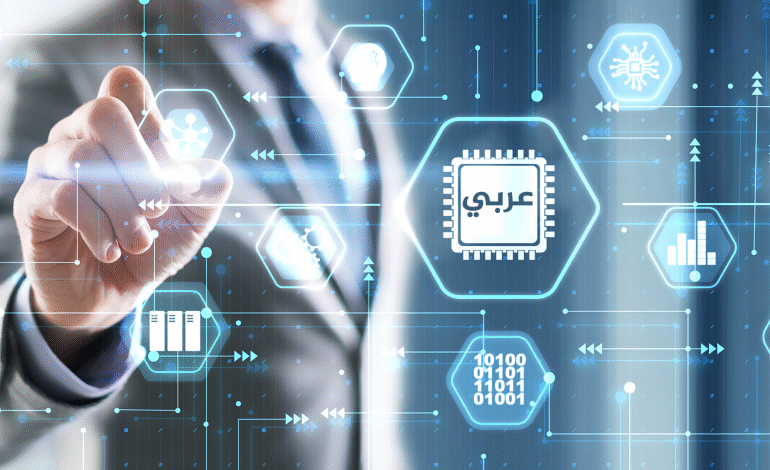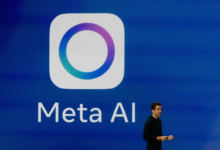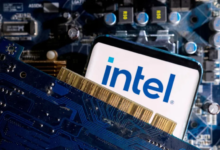The Double-Edged Sword of Artificial Intelligence: Impact on Human Cognition

While artificial intelligence (AI) is promoted by its proponents as a tool to enhance efficiency and solve complex problems, a compelling argument suggests that its widespread adoption could inadvertently diminish human capabilities, though not in the way commonly imagined. Instead of AI surpassing human intellect, the concern lies in our increasing reliance on these tools, which could lead to a decline in critical thinking and self-reliance. This premise has driven numerous studies aimed at understanding AI’s influence on human cognition.
Microsoft’s Insights into AI’s Effect on Workers
A collaborative study by Microsoft and Carnegie Mellon University revealed a concerning trend: as individuals became more reliant on AI tools to complete tasks, their critical thinking and self-reliance diminished, making it harder to utilize these skills when genuinely needed.
Researchers surveyed 319 data and information processing professionals, asking them to detail their use of generative AI tools in the workplace. Participants also reported on their assigned tasks, their perceived need for AI assistance, their confidence in AI’s ability to perform these tasks, their capacity to evaluate AI-generated output, and their confidence in completing the same tasks independently.
The study found that workers who expressed higher confidence in AI’s task completion abilities were less inclined to engage in critical thinking regarding their work. This opens the door to over-reliance on technology without sufficient review of its output. Notably, this pattern was particularly evident in simpler tasks where the level of caution was lower. Researchers warned that excessive dependence on AI could, in the long term, weaken individuals’ independent problem-solving skills.
Conversely, when workers had less confidence in AI’s ability to complete a task, they relied more on their critical thinking skills. They were also more confident in their ability to evaluate and refine AI-generated content independently.
Furthermore, the study observed that users who relied on generative AI tools tended to produce less diverse results compared to those who worked independently. This aligns with the logical understanding that AI tools operate within the confines of their training data, leading to more homogeneous outputs. Researchers suggested that this lack of diverse outcomes could be interpreted as a deterioration in critical thinking among workers.
AI and Cognitive Offloading
A study published in the journal Societies investigated the impact of AI on critical thinking among 666 individuals aged 17 and older from diverse demographics. The study assessed participants’ AI tool usage and then tested their critical thinking skills. Results indicated that frequent AI tool users exhibited lower critical thinking abilities compared to those who used AI sparingly or not at all.
The impact of AI tool usage extended beyond critical thinking to academic achievement. This phenomenon is attributed to “cognitive offloading,” where individuals reduce mental effort by relying on external tools or technologies. This ultimately leads to a decrease in self-directed thinking and problem-solving.
Another study, published in the National Library of Medicine and surveying 285 students, found that 68.9% attributed laziness and 27.7% attributed poor decision-making to AI use. Most students used AI tools for data collection, analysis, answering questions, and task automation. The study provided multiple pieces of evidence supporting the notion that AI negatively affects the development of critical thinking skills and self-reliance.
From a medical perspective, the study highlighted that increased reliance on AI tools like ChatGPT for thinking on our behalf can negatively impact cognitive processes in the brain. Using AI to obtain answers instead of engaging in thoughtful effort and experimentation reduces “cognitive reserve” and affects the connectivity between healthy brain cells, leading to a less adaptable brain for problem-solving and navigating challenges.
The study emphasizes that building and maintaining neural connections requires regular engagement in brain-stimulating activities, such as learning new information, processing information at a deeper level, or any intellectually challenging task. However, relying on AI bypasses this process, offering a single answer without the need to actively think about the question or problem.
Instead of conducting comprehensive research and gathering information from multiple sources, tools like ChatGPT provide simple, organized, and easy-to-understand answers. But when we depend on these quick, one-click solutions, our brain cells fail to form new connections, leading to their atrophy. Consequently, our critical thinking—a vital asset for our future—does not develop as robustly.
The Dark Side of AI: Manipulation of Human Behavior
Concerns about AI’s impact on critical thinking are not new. The renowned British physicist Stephen Hawking once famously stated, “The development of full artificial intelligence could spell the end of the human race.” Ironically, Hawking used an AI-powered system to deliver this warning back in 2014, years before AI’s widespread proliferation.
The “dark side” of AI manifests in its potential to manipulate human behavior, resulting in what can be described as “algorithmic decisions.” When interacting with AI, its responses often resemble opinions, which people rarely question. The perceived authority of the generated content, the human-like writing style, and the linguistic structure all contribute to a feeling of interacting with another human, rather than a machine. As a result, many users fail to verify the underlying facts of the content they receive.
To illustrate, consider the advent of Google search decades ago, which revolutionized access to information. Like any new tool that streamlines human life, it influenced our mental and cognitive capacities. The “dark side” of Google search at the time was the growing reliance on search engines for information, impacting how we perceived things.
A study published in Science Journal under the title “Computer in Human Behavior” found that frequent use of search engines was linked to decreased critical thinking skills, reduced ability to retain information, and increased reliance on search engines for information.
Similarly, a study published in Science Direct indicated that using search engines for information was associated with a decline in creative skills and problem-solving abilities.








